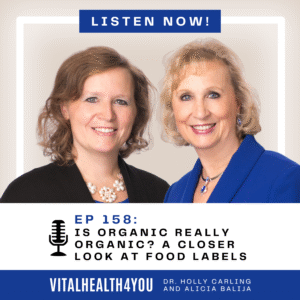Fat is a bad word. We are scared of fat. “Fat-free” this and “low fat” that is all we’ve heard for years. We are told that fat makes you fat, and eating cholesterol raises your cholesterol levels. But is this true, or is there another story?
Ronald M. Krauss, MD, a lipid specialist and the director of atherosclerosis research at the Children’s Hospital Oakland Research Institute says that “Saturated fat may have an effect on cardiovascular disease (CVD) risk, but the effect is so small that we just can’t detect it. We shouldn’t be demonizing saturated fat.” According to a study in the American Journal of Clinical Nutrition over 21 published studies, involving 350,000 people, were recently analyzed, and revealed that people who consumed the most saturated fat did not have a higher risk of heart disease, stroke or any other form of CVD!
Getting fat is much more of a significant risk for cardiovascular disease and diabetes, than eating fat. Eating fat is essential. More than 200 functions in the body are dependent upon dietary fats to work. So how can fat be bad if they are essential? It’s not necessarily the fat that is bad, but the type of fat. And no, the old distinguishing feature of saturated, versus unsaturated, versus poly-unsaturated turns out to have minimal merit. It’s more dependent upon what we do to the fat. Fat that has been heated to high temperatures and fats that have been hydrogenated or partially hydrogenated are the bad fats. The molecular structure of fat changes with heat, defeating its ability to provide for function, and lodging in areas of the body we’d rather it not reside.
Fats tend to store toxic residues from antibiotics, growth hormones and many other chemicals in the feed and given to our animals intended for human consumption. That is a greater risk than CVD risk. Despite this, fat still isn’t as big of a factor as what we replaced fat with when the whole anti-saturated-fat movement began. Carbohydrates.
Flavor is paramount. So when we lost fat as a flavor source, we struck up a deal with sugar instead. Americans turned to refined carbohydrates, and because they don’t satiate us like fat does, we consume enormous amounts of it to compensate. When carbohydrates stimulate insulin and cortisol surging, you have inflammation. Trans-fats also cause inflammation. Inflammation is coming from so many directions that it’s no wonder we have so many inflammatory diseases today. Ironically, the very hormones that are needed for our pain mechanism, and our anti-inflammatory hormones are made from fats. Good fats, not bad fats.
So this whole thing has been just a big fat mistake! Since getting fat is the risk factor behind so many diseases, not eating fat, putting a damper on the fat-causing foods (carbohydrates, fried foods and hydrogenated fats) is where the focus should be. And remember, nutrition is science and subject to changes from time to time.
©2011 Holly A. Carling, O.M.D., L.Ac., Ph.D.







